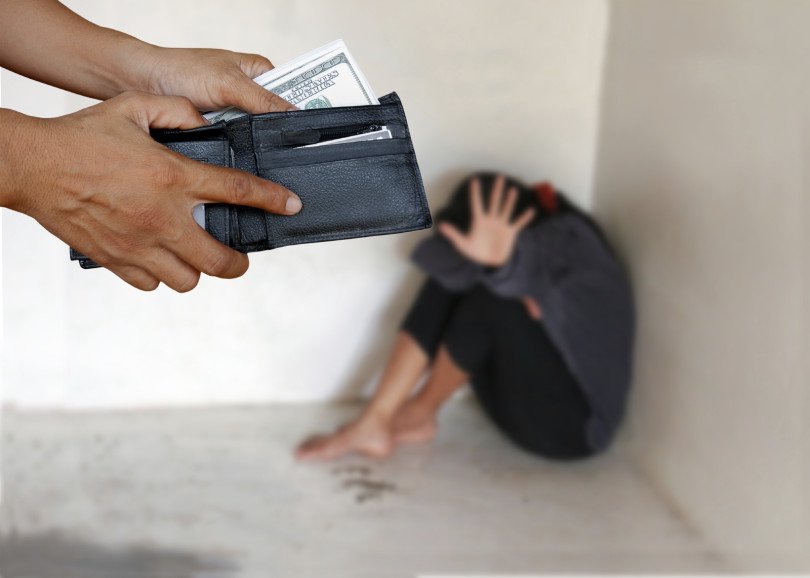In advance of the summer travel season in the US and Europe, many hotel chains and other hospitality industry providers review their security protocols with the intention of offering a more secure and pleasant stay for their guests. Plumbing and flooring repairs, lighting and electrical fixture updates and enhanced landscaping all offer increased aesthetic value and may serve to improve the overall safety and security environment. These are welcome enhancements.
In addition to the physical surroundings, it is equally important for hospitality industry management and security professionals to ensure that they keep abreast of the latest intelligence in criminal and terrorism trends affecting their area of operations. These trends of course vary greatly depending on country and region. The overall criminal threat environment in general worsens as economic and political stability decline in a country. Similarly, the effectiveness of local law enforcement, including their training, readiness and wherewithal to address criminal trends in the domain is impacted by economic factors as well as the legal regime in place. What is viewed as a serious crime in some countries may go undetected or unaddressed-or addressed only on an ad hoc basis-in others.
Nevertheless, security personnel worldwide are facing increasing challenges in their ability to detect and deter sex trafficking and prostitution in hospitality venues. The problem is serious and not only affects the overall environment at a hotel or time-share community, but causes life-long physical and psychological trauma on the victims. Hospitality industry personnel are uniquely situated to provide credible “eyes and ears” to law enforcement in the effort to reduce sex tourism and prostitution and can become valuable partners in providing a safer environment for all.
Some tips for hotel operators and employees in detecting this type of criminal activity can include the following:
- Signs of disorientation among young female guests or the inability to articulate even basic sentences in English may indicate that the girl or woman is being held under duress or has been kidnapped for sex trafficking purposes. Signs or fear and anxiety may be present among the women;
- Heavy traffic in and out of the room should be cause for concern unless you are able to definitively determine that it is unrelated to criminal activity. For example, some companies may rent a hotel room to interview job applicants. In this case however, there should be no secrecy and the other factors listed above should not be present;
- Arriving visitors, often unaccompanied males, cannot name the registered guest in the room they intend to visit;
- The “Do Not Disturb” sign is nearly always on the exterior doorknob of the room and the guests refuse housekeeping services.
Of course, there may be logical and quite innocent explanations for many or all of the above factors on a given day in a particular hotel. Still, it is worth remembering that in general terms, those trafficking in humans for purposes of sex tourism or prostitution make frequent use of hotels as they afford a degree of isolation, anonymity and privacy.
If you suspect sex trafficking at your hotel, contact your local police department or the FBI. Most large departments have units or squads dedicated to detecting this type of criminal activity and are quite effective in establishing sophisticated operations to catch the offenders and to provide appropriate referral services to the victims. Your local department is a great resource for current intelligence and may be able to provide some training to your staff in the most recent trends in the phenomenon.

